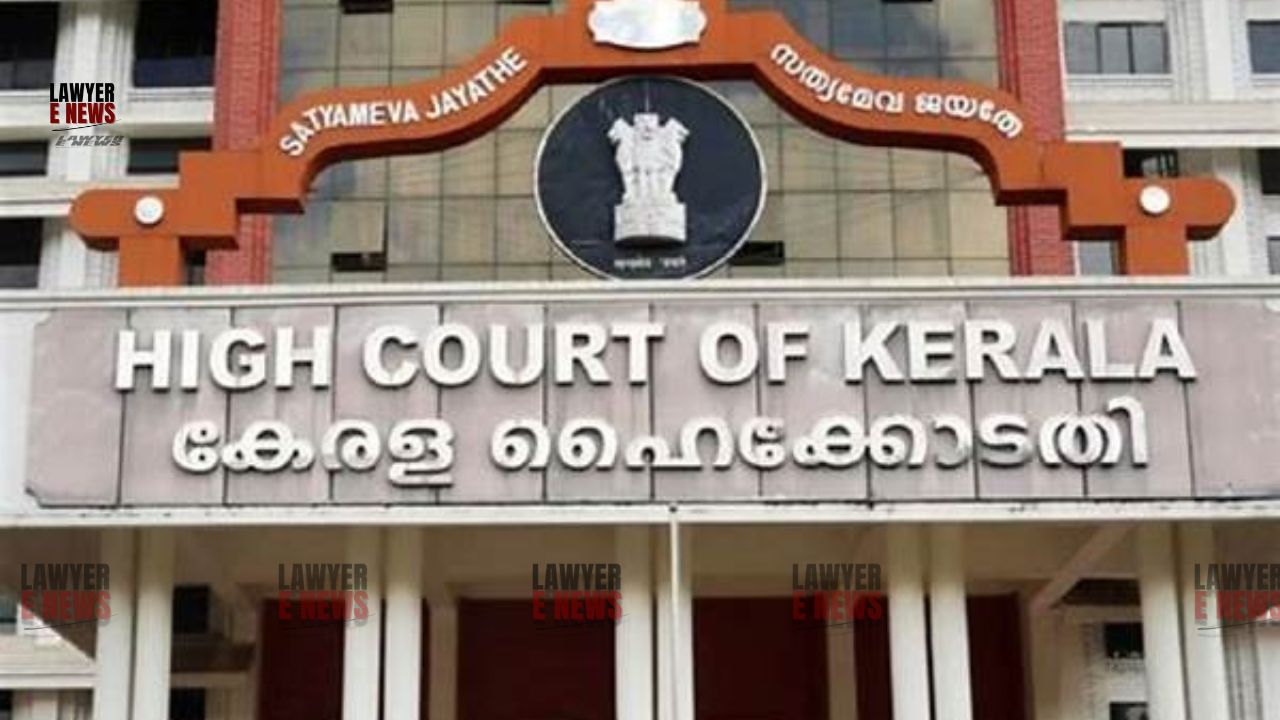-
by Admin
15 February 2026 5:35 AM



Kerala High Court rules that foreign nationals with valid visas who overstay are subject to Section 14(a) of the Foreigners Act, not the stricter Section 14A. In a recent ruling, the Kerala High Court has provided significant clarity on the application of Sections 14(a) and 14A of the Foreigners Act, 1946. The judgment, delivered by Justice Bechu Kurian Thomas on September 9, 2024, distinguishes between foreign nationals who enter India with valid documents but overstay, and those who enter without valid authorization. The court quashed the charges under Section 14A in cases where the accused had initially entered India legally but overstayed, reiterating that Section 14(a) is the applicable provision in such instances.
The cases involved four foreign nationals from Kenya and Gambia, who were facing charges under both the Foreigners Act, 1946, and the Passports Act, 1967. The accused had entered India on valid tourist visas but continued to stay in the country beyond the visa's expiration. In two connected petitions, Crl.M.C Nos. 6618/2024 and 6168/2024, the prosecution charged the petitioners under multiple sections, including Sections 14(a), 14A, and 14(b) of the Foreigners Act, as well as various provisions of the Passports Act.
The petitioners argued that Section 14A of the Foreigners Act, which pertains to unauthorized entry and stay, did not apply to them since they had initially entered India with valid documents. The court was tasked with determining whether overstaying beyond the visa period without other illegal acts could invoke Section 14A.
The court analyzed the scope of Sections 14(a) and 14A of the Foreigners Act. Section 14(a) applies when a foreign national legally enters India but overstays the duration of their visa. In contrast, Section 14A concerns cases where the entry itself is illegal, i.e., without valid documents or into restricted areas without authorization.
"Section 14(a) governs situations where the foreign national, having entered the country legally, remains beyond the permitted period. On the other hand, Section 14A is intended for those who enter without any valid documentation, treating such entry as infiltration."
The court emphasized that the legislative intent behind Section 14A was to impose harsher penalties for unauthorized entry, reflecting the gravity of the offense. In contrast, those who entered legally but overstayed could only be prosecuted under Section 14(a), which carries a lesser punishment.
The court found that all petitioners had valid documents at the time of entry into India. As such, their overstaying did not constitute unauthorized entry under Section 14A. The court quashed the charges under Section 14A, ruling that applying this provision in cases of legal entry but overstaying constitutes an abuse of legal process.
"Inclusion of Section 14A in such cases is an abuse of the process of the court. The petitioners had legal entry into the country, and their conduct can only be prosecuted under Section 14(a), which pertains to overstaying."
The judgment underscored the importance of interpreting penal provisions in a manner that aligns with legislative intent. The court noted that while both sections deal with violations of the Foreigners Act, they address fundamentally different scenarios. Section 14A provides for more severe punishment, with imprisonment ranging from two to eight years, for cases of unauthorized entry, whereas Section 14(a) allows for a maximum imprisonment of five years for overstaying.
"Stricter punishments were intended for those who enter without valid documents, while a lesser penalty was designed for those who enter with authorization but remain after the permitted period," the judgment highlighted.
The court further rejected the application of Section 12(1A) of the Passports Act, which pertains to possessing forged documents. The petitioners' actions of presenting someone else's passport did not meet the legal definition of forgery, as defined under the Indian Penal Code (IPC).
The Kerala High Court’s ruling offers significant clarity on the application of Sections 14(a) and 14A of the Foreigners Act, making it clear that overstaying on a valid visa does not fall under the more serious provisions of Section 14A. By quashing the charges under Section 14A and Section 12(1A) of the Passports Act, the judgment upholds the principle of proportionality in penal laws, ensuring that penalties reflect the nature and gravity of the offense. This decision will likely influence future cases involving foreign nationals overstaying their visas, reinforcing the distinction between overstaying and illegal entry.
Date of Decision: September 9, 2024
EGADWA MERCY ADAMBA & GWARO MARGRET SEBINA VS STATE OF KERALA & FRRO
